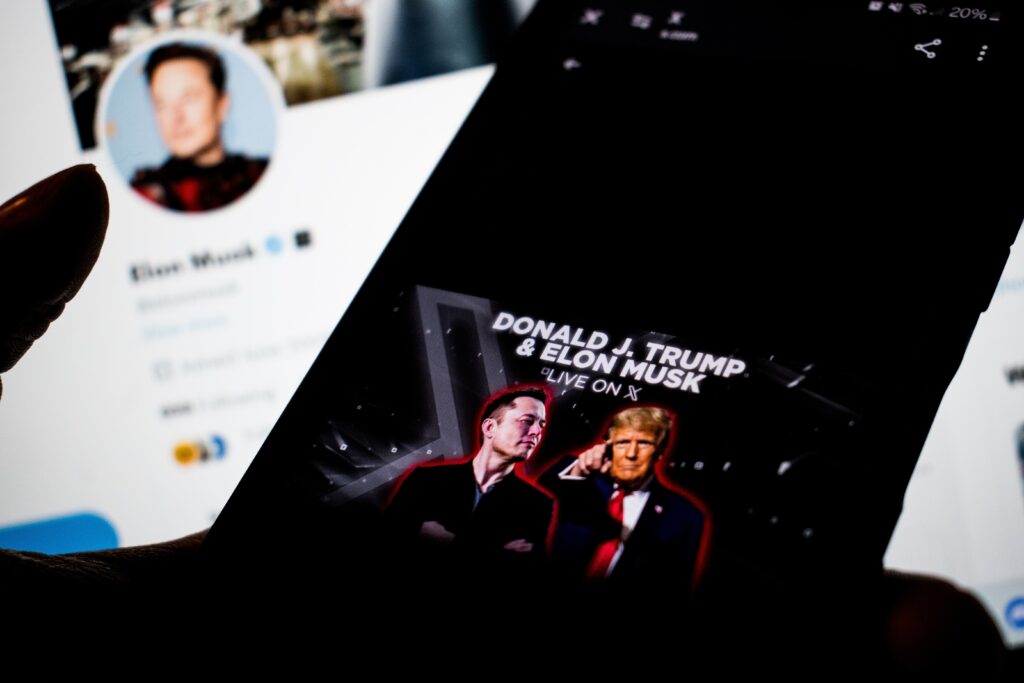Elon Musk joined a key call between Donald Trump and Volodymyr Zelenskyy, sparking questions about his political role. Reports, including one from Axios, reveal Musk’s presence was unplanned. He entered the room during the conversation, leading Trump to place him on the phone. Zelenskyy’s spokesperson described the call as “positive,” though neither Musk nor Zelenskyy shared more details. Later, Zelenskyy tweeted about a “great conversation” with Trump but did not mention Musk’s involvement.
Ukraine continues relying on Musk’s Starlink service for communication, especially after Russia’s invasion damaged mobile infrastructure. Zelenskyy used Starlink for the call, and Musk pledged to send more stations to Ukraine. Musk, along with Trump and Zelenskyy’s teams, declined immediate requests for comment.
Musk’s Expanding Role in Politics and Diplomacy
Musk’s participation in the call highlights his rising influence during Trump’s administration. Trump has praised Musk, calling him “a star,” signaling his expected prominence. Musk’s financial backing of Trump, reportedly over $100 million, and his close ties to federal contracts amplify concerns about potential conflicts of interest. SpaceX, one of Musk’s companies, has secured over $15 billion in federal contracts, deeply embedding him in national defense and space initiatives.
Musk’s influence extends to global politics. His company’s Starlink system initially supported Ukraine’s military but later faced criticism for limiting access. Musk’s decisions on Starlink’s deployment underscore the growing influence of private individuals in international conflicts.
Concerns Over Musk’s Ties to Putin and Global Implications
Musk’s reported discussions with Russian President Vladimir Putin since 2022 have alarmed U.S. officials. These talks, covering personal, business, and geopolitical topics, raise concerns about potential national security risks. Rep. Jim Himes, a leading Democrat on the House Intelligence Committee, has called for scrutiny of Musk’s relationship with Putin, given his security clearances.
NASA Administrator Bill Nelson echoed these concerns, citing reports that Putin asked Musk not to activate Starlink over Taiwan, allegedly as a favor to Chinese President Xi Jinping. Nelson suggested such conversations could have serious implications for U.S. security and international policy.
Musk’s actions on X (formerly Twitter) have also drawn criticism. He has amplified pro-Trump content and faced accusations of spreading election misinformation. These activities add to concerns about his growing role in shaping public opinion and international policy.
The Future of Musk’s Diplomatic Influence
Musk’s involvement in high-stakes diplomatic discussions underscores his rising prominence in global affairs. His ties to Trump, federal agencies, and the ongoing war in Ukraine suggest he could play a significant role in shaping U.S. foreign policy. However, concerns about his relationships with foreign leaders and his influence on national security remain unresolved.
As the Trump administration takes shape, the extent of Musk’s role in politics and diplomacy will become clearer. His involvement could have far-reaching implications for national and global security in the years to come.


